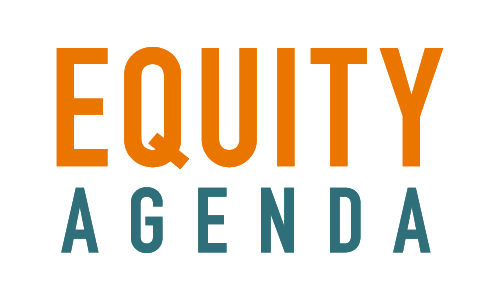Paid family leave work is truly one of the most rewarding, broad impact policies to work towards, especially at the community level. In an earlier blog post I mentioned that a broad paid family leave program is better than a targeted paid maternity leave program. There are lots of reasons why:
- Paid maternity leave only solves a small part of the problem. Caregiving, broadly defined, disproportionately falls to women in our culture, whether that’s caring for children, elderly family members, or even partners and friends. For historic and current reasons (read: patriarchy) that caregiving tends to be undervalued, unpaid, and/or underpaid. The impact of this devaluing of “women’s work” has lifelong, compounding impacts on women, whether they themselves are caregivers or not. Paid family leave, broadly defined, allows policy-makers to address each different circumstance of caregiving, simultaneously sending the message that this work has economic and cultural value. Paid family leave is a solution that would create wide and deep positive change.
- More people can see how a broad benefit might help them personally, and therefore it seems more fair. Because most women (and probably many men) can anticipate a time when they might need to care for someone even if they don’t intend to have children, a broad paid family leave program may be perceived as more widely applicable, and therefore more fair.
- Assumptions about caregiving affect us, even if we’re not caregivers. As I mentioned above, women are penalized in a multitude of ways because of the cultural assumptions around caregiving. When seeking jobs, women are at a disadvantage because of unexamined assumptions about their plans to have a family and how it will impact their work- in fact, 41% of employed Americans perceive working moms to be less devoted to their work and this has an impact whether the individual woman intends to have or has children or not, since employers are barred from asking that question directly. The motherhood penalty means that mothers’ pay decreases when they have children, while fathers’ pay does not. Paid family leave, especially if men also take it, helps normalize the idea that caregiving work shouldn’t be gendered.
- Men should receive the same resources and support to take care of their family. In fact, they should be encouraged and incentivized to do so, since we know that making the paid benefit available to them does not necessarily mean they’ll use it. It’s important not only to normalize caregiving across genders, as I describe above, but because there’s documented evidence that fathers’ taking parental leave results in more equitable household work distribution and more involvement with parenting over the long term and has benefits for moms and kids.
Cities can implement paid family leave programs that will have long-lasting positive effects, and Equity Agenda stands ready to help. Reach out to talk about how we can help you.
